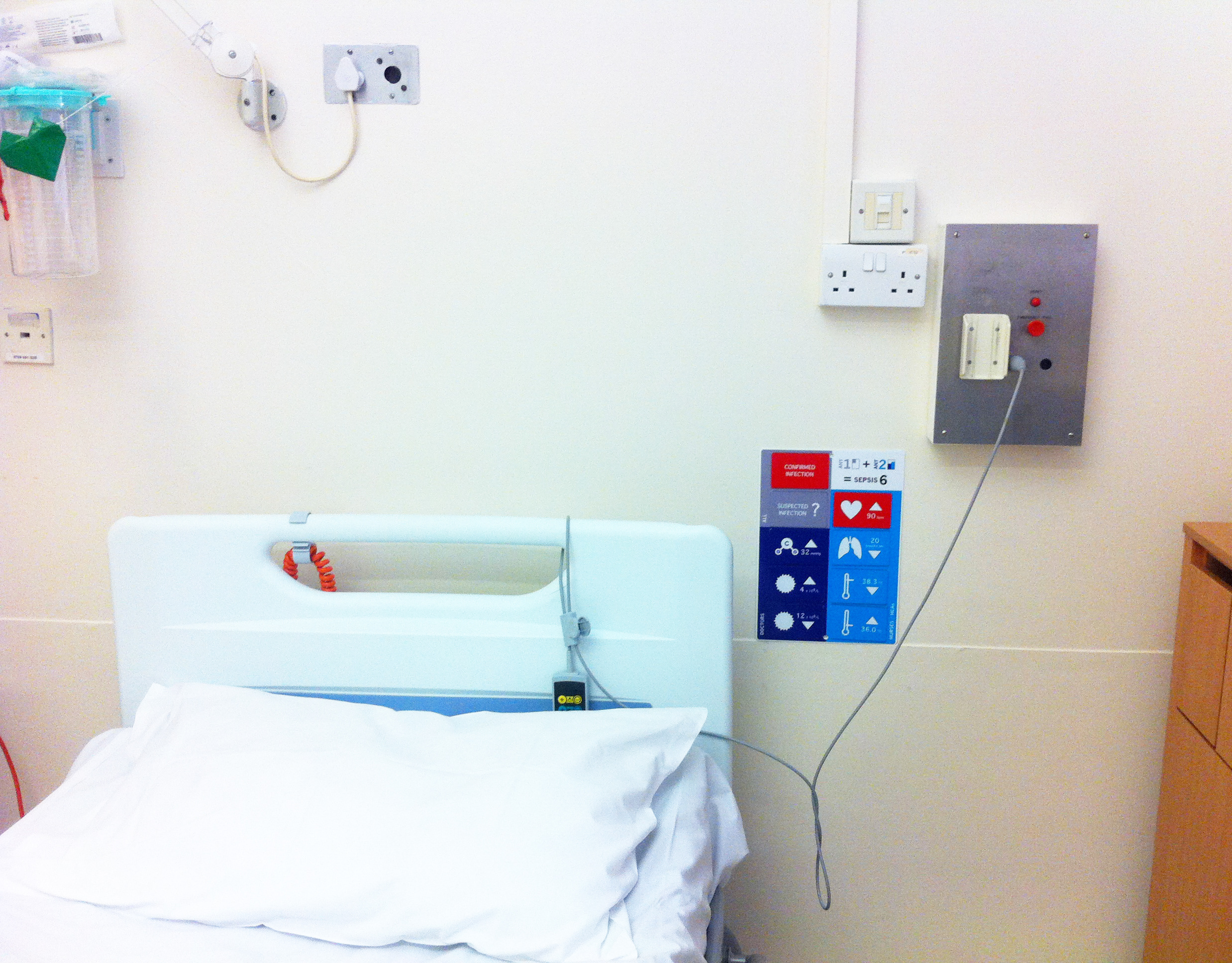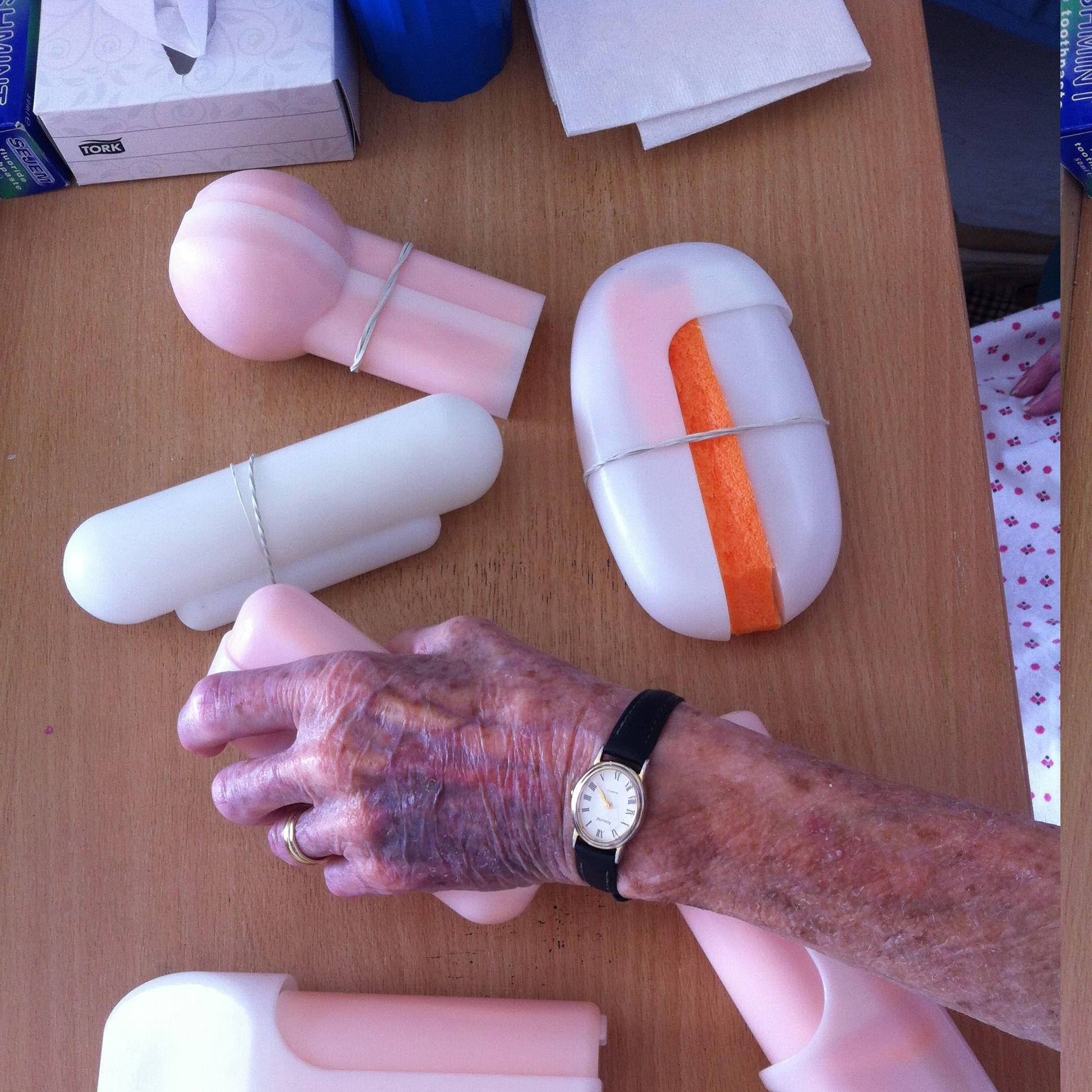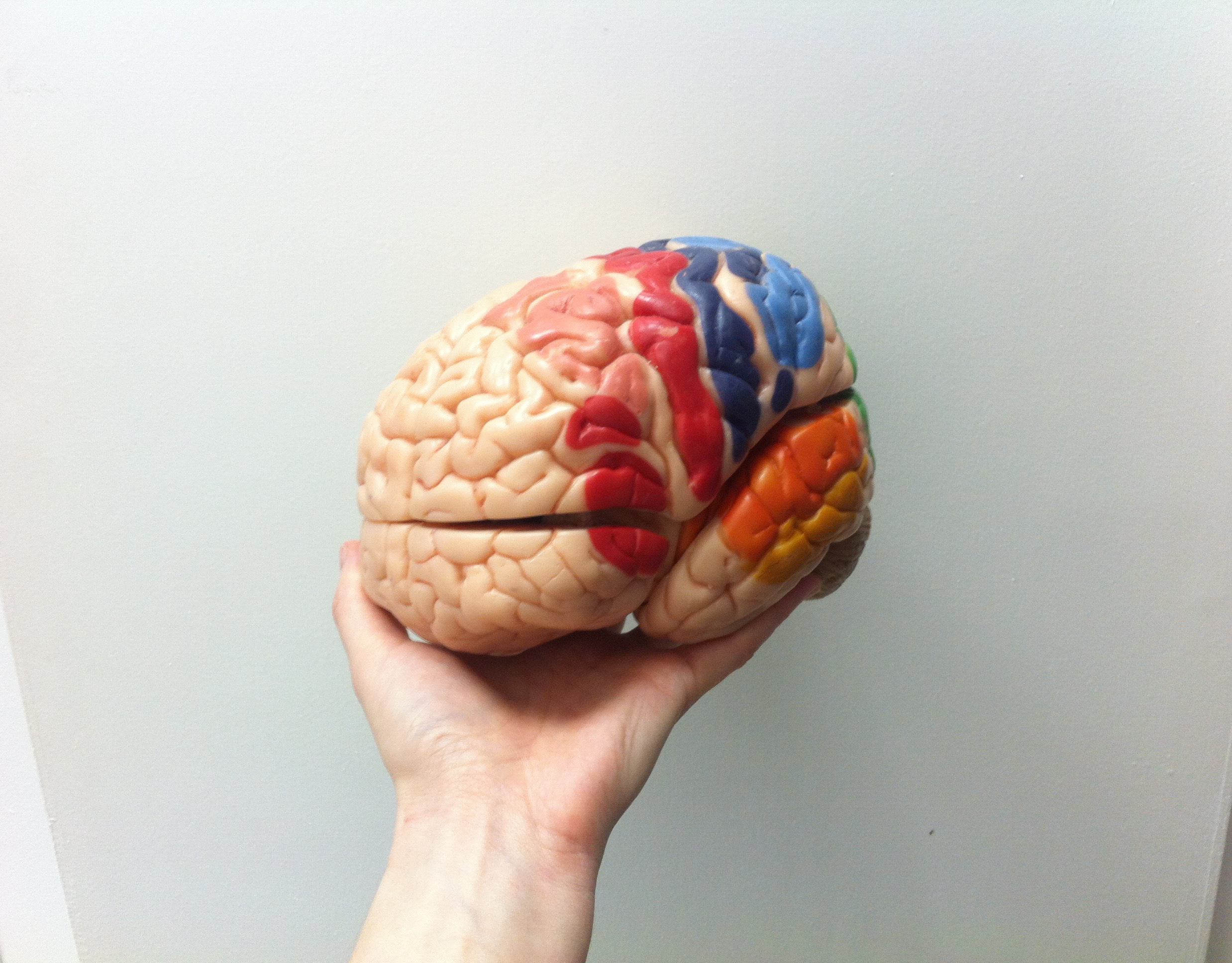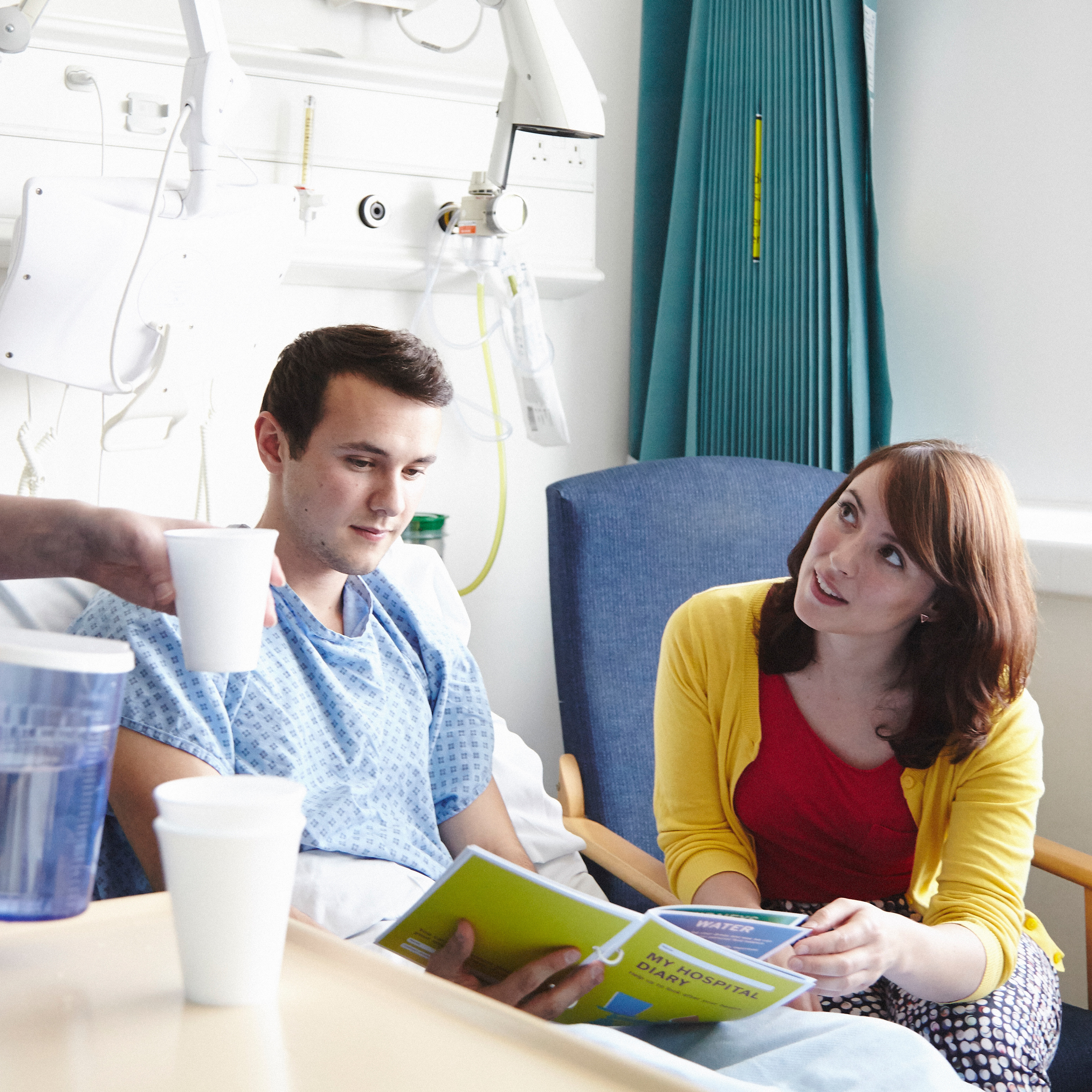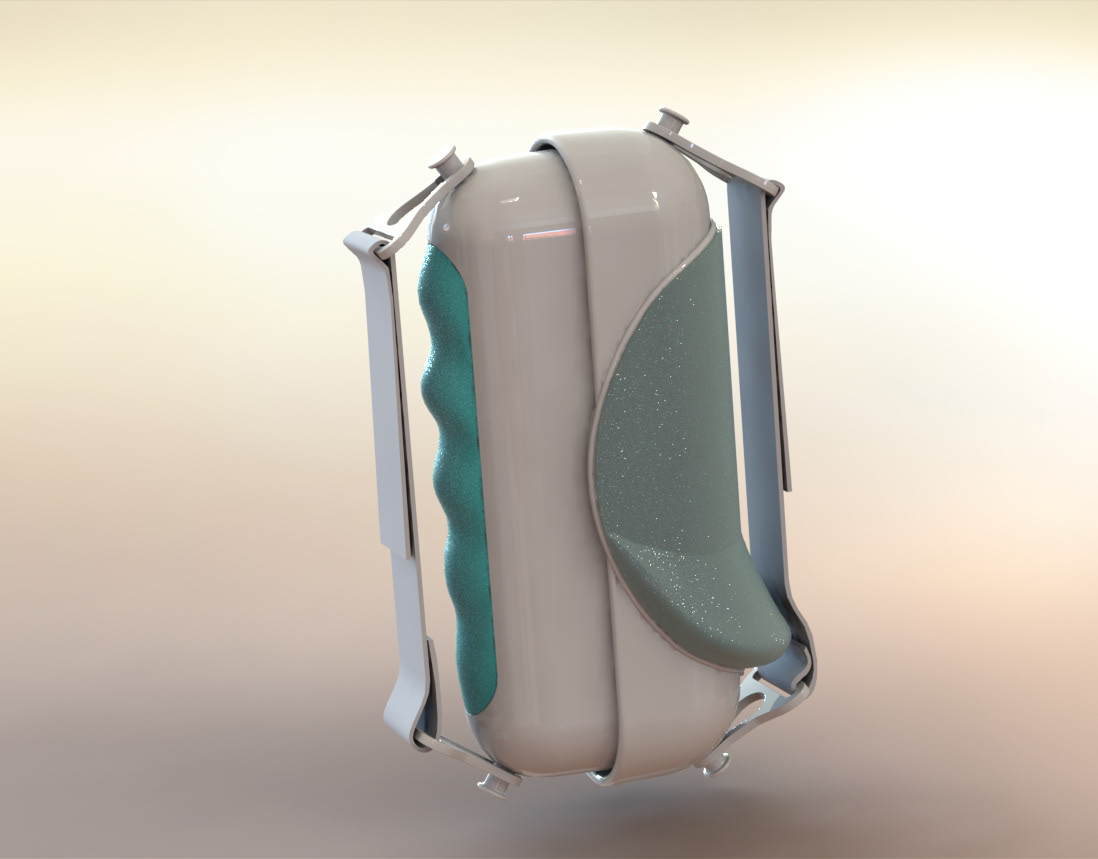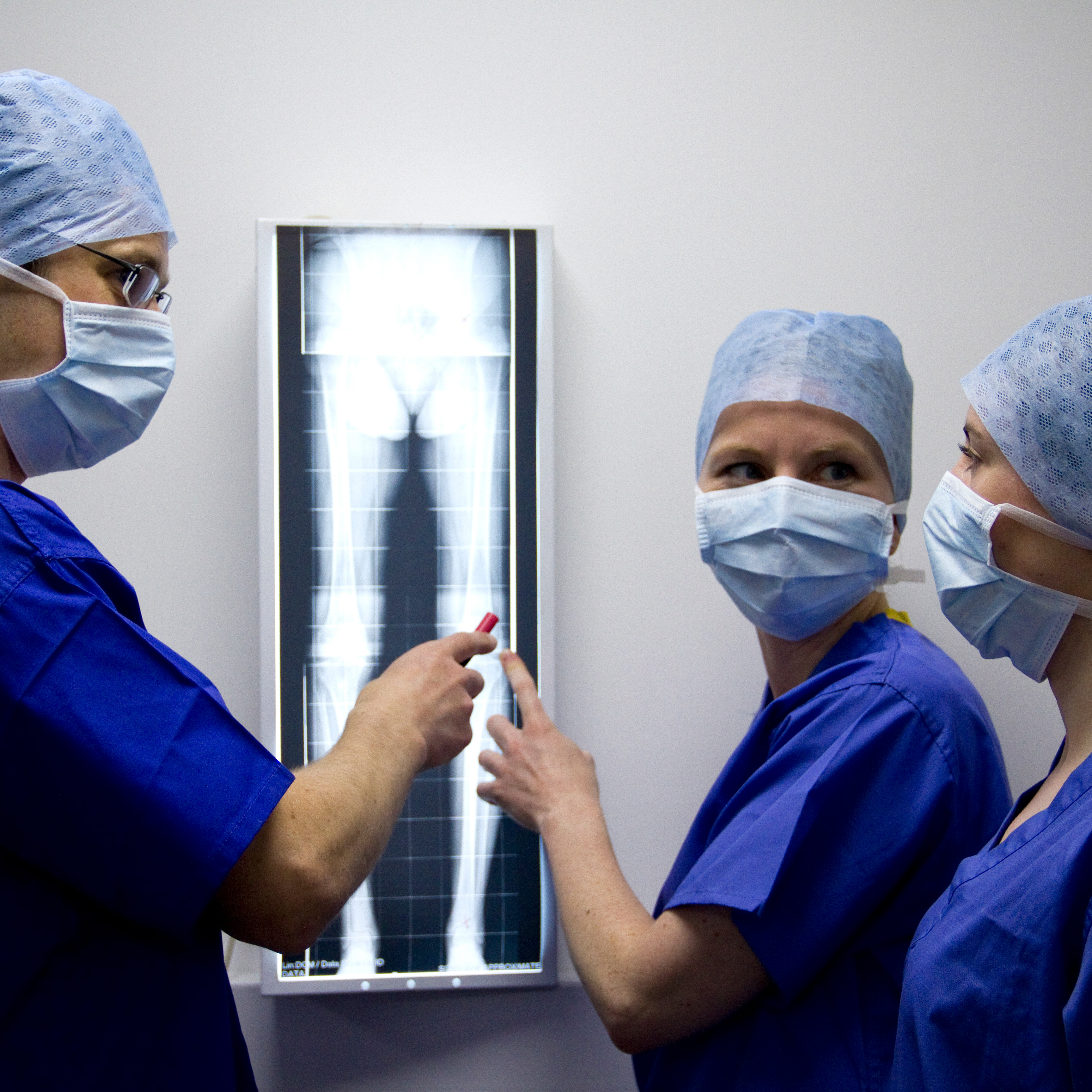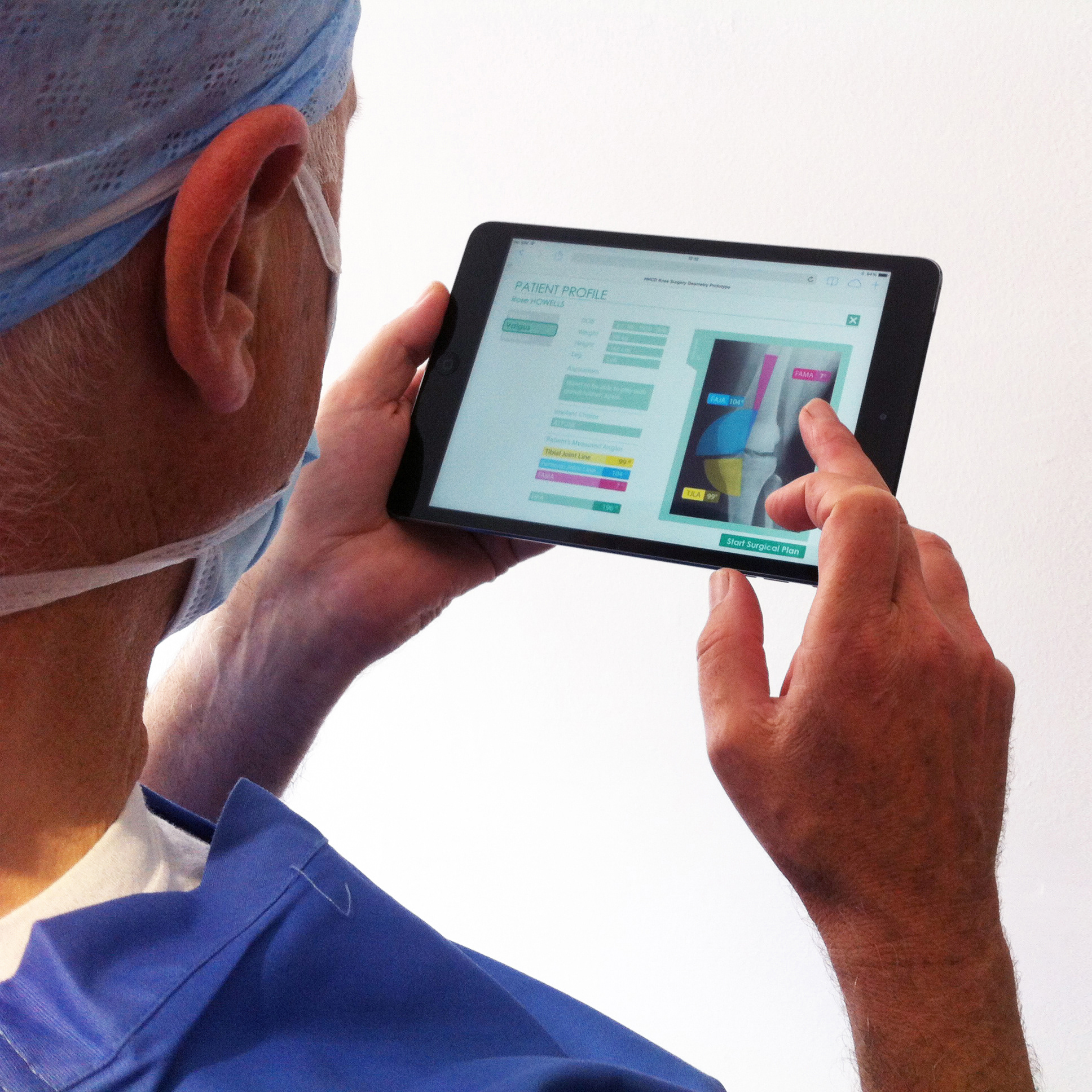A low-cost tool that allows healthcare professionals to quickly calculate a healthy urine output for their patients to help avoid acute kidney injury.
___
Acute Kidney Injury (AKI) is an emergency condition that escalates quickly and is one of the most common causes of 'avoidable harm to patients' admitted to hospital. To help avoid AKI, at-risk patients have their fluid output monitored in hospital. How much urine a healthy person should produce over a set period of time is dependent on the individual’s bodyweight. Currently, it’s expected that healthcare staff taking care of a patient should calculate a safe urine output using mental arithmetic. However, this calculation isn’t straight forward. For example, a urine output might be stated as 0.5 millilitres of urine / per kilogram of bodyweight / per hour / for more than 6 consecutive hours. In reality, on a busy ward, this calculation is not done so the safe urine output limit is not known. Therefore, even if fluid balance is diligently recorded, acute kidney injury can still be missed.
The Wee Wheel is a low-cost tool that allows healthcare staff to quickly and easily calculate a safe urine output for each individual patient. The wheel’s dial can simply be turned to the correct bodyweight and the urine output values can easily be read for different durations of time. This intervention was included in Rocialle’s Single Use Sepsis Boxes.
The project was in partnership with the Helen Hamlyn Centre for Design, Betsi Cadwaladr University Health Board, University College London Partners, Aneurin Bevan University Health Board, 1000 Lives Plus (now Improvement Cymru) and Bangor University. It was funded by the Health Foundation's Shine programme. The six research hospital sites were University College London, Barnet, Chase Farm, Royal Gwent, Ysbyty Gwynedd and Wrexham Maelor.
Final image by Betsi Research.
